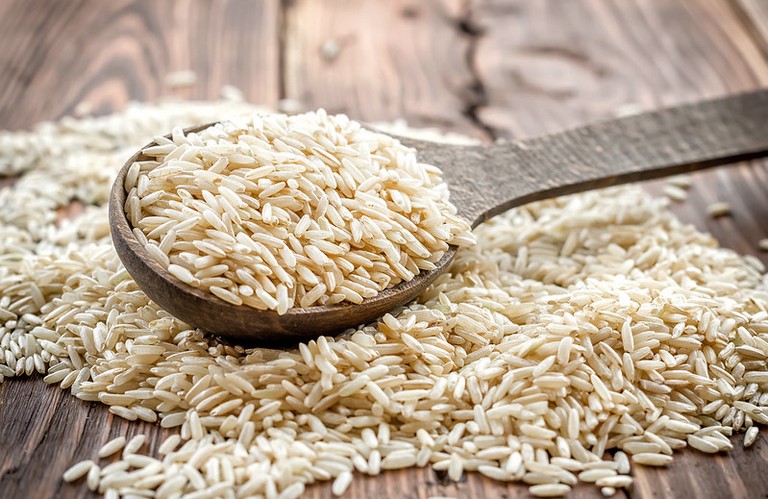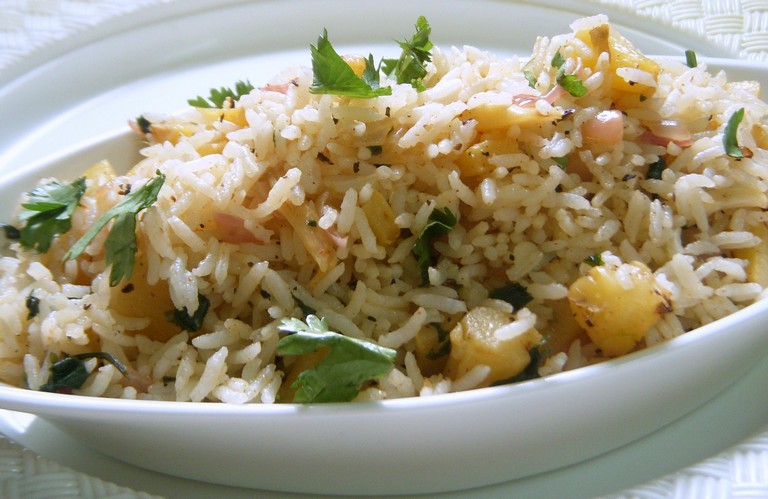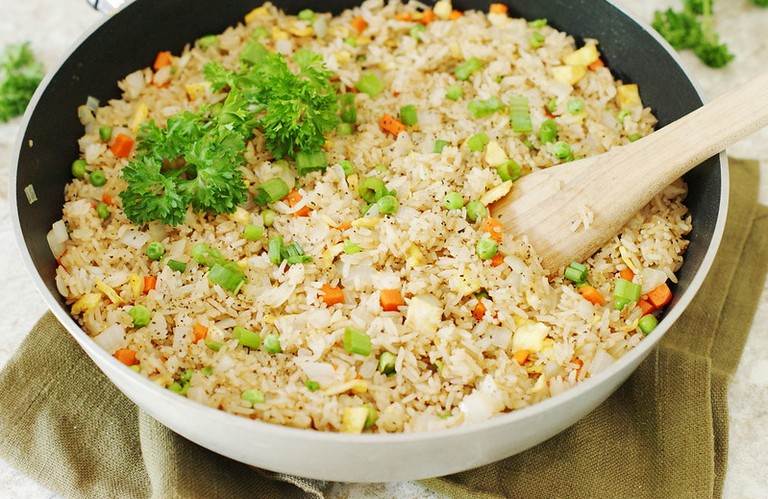Rice Based Diets – Nutritional and Health Benefits

Rice is the most important cereal crop for human consumption. It is the staple food for over 3 billion people constituting over half of the world’s population. A cup of cooked rice has approximately 5 grams of protein, which is sufficient for growth and maintenance, provided that a person receives adequate calories to maintain body weight or to increase it, if full growth has not yet occurred.
Asiatic children for whom rice is the chief food source have not developed protein deficiency disorders such as kwashiorkor, as have infants that are fed corn or cassava as a chief staple after weaning. Growth and development are normal on a rice diet. Due to its easy digestibility, rice is a good transition food after the cessation of breast or formula feeding.
Nutritional Benefits of Rice:
Rice is a rich source of carbohydrates, the body’s primary energy source. It is low in fat and contains essential amino acids, making it a valuable component of a balanced diet. Additionally, rice is gluten-free, making it suitable for individuals with gluten sensitivities or celiac disease. Different varieties of rice, such as brown rice, offer additional nutritional benefits, including fiber, vitamins, and minerals.

Cooking Versatility:
One of the most remarkable aspects of rice is its culinary versatility. It serves as a blank canvas that can be adapted to a myriad of flavors and cuisines. From sushi in Japan to paella in Spain, rice-based dishes showcase the diversity of global culinary traditions. This section will delve into popular rice-based recipes, cooking techniques, and the creative use of rice in different cuisines.

Health Considerations:
While rice is a nutritious and essential food source, it’s important to consider portion sizes and preparation methods. This section discusses the potential health considerations related to rice consumption, such as the glycemic index, and provides tips for incorporating rice into a healthy and balanced diet.
Sustainable Rice Farming:
The environmental aspects of rice production, including sustainable farming practices and challenges faced by rice growers. It will explore innovations in rice cultivation aimed at reducing environmental impact and ensuring the long-term sustainability of this crucial global crop.
Rice-based diets offer a harmonious blend of nutrition, culture, and culinary diversity. By understanding the nutritional benefits, cultural significance, and culinary versatility of rice, individuals can appreciate its role as a fundamental and sustainable food source in our interconnected world.








